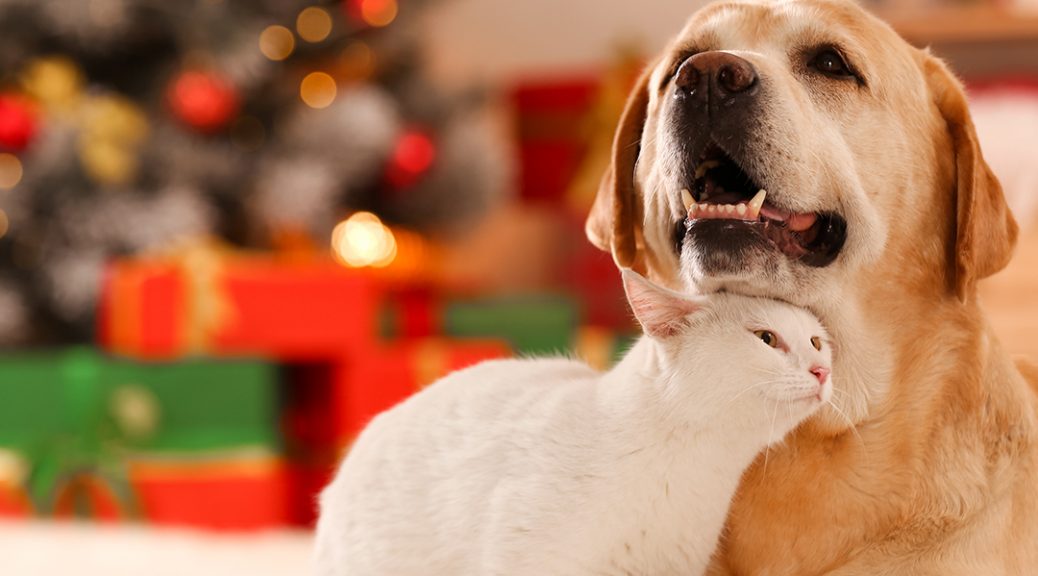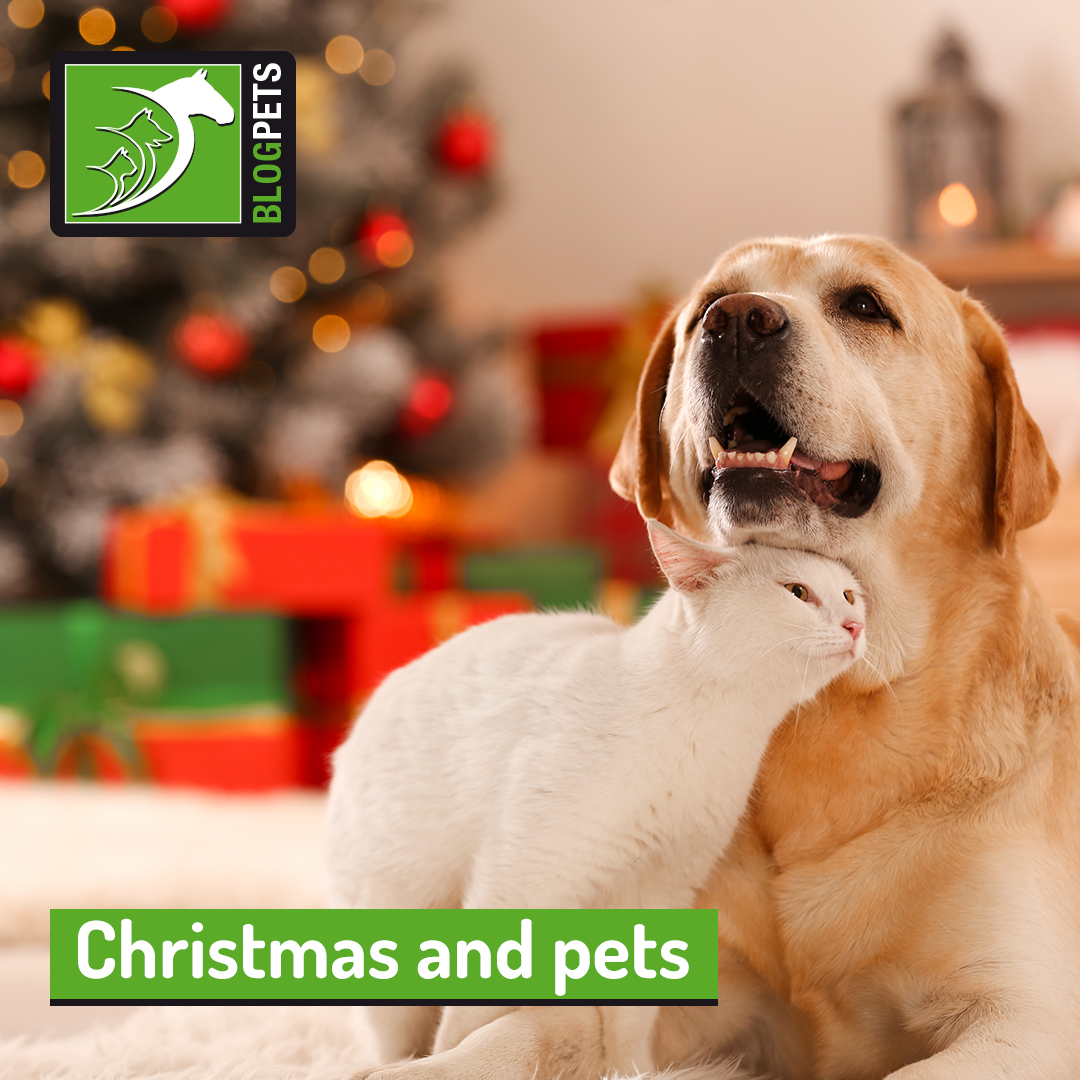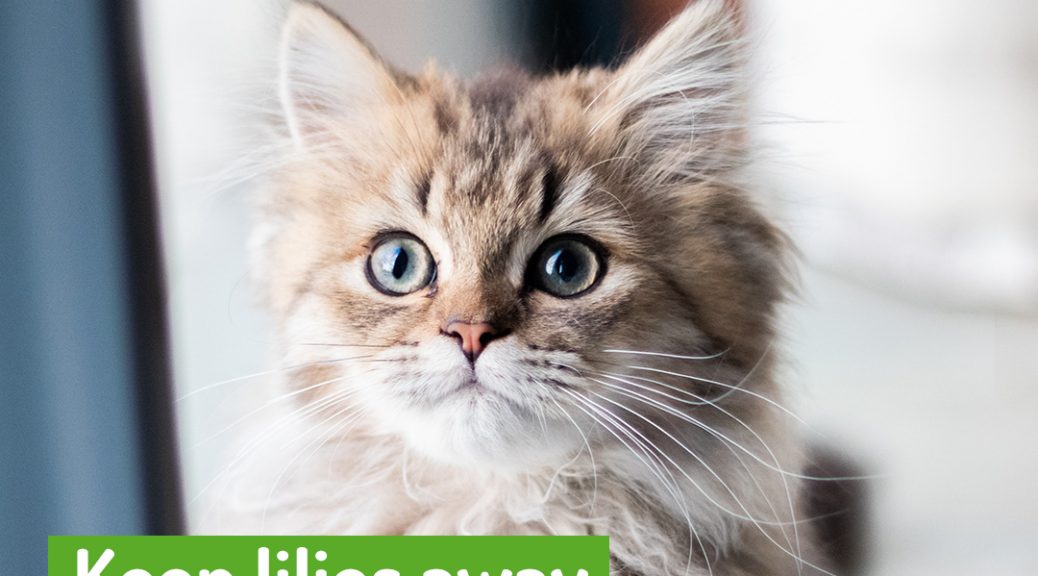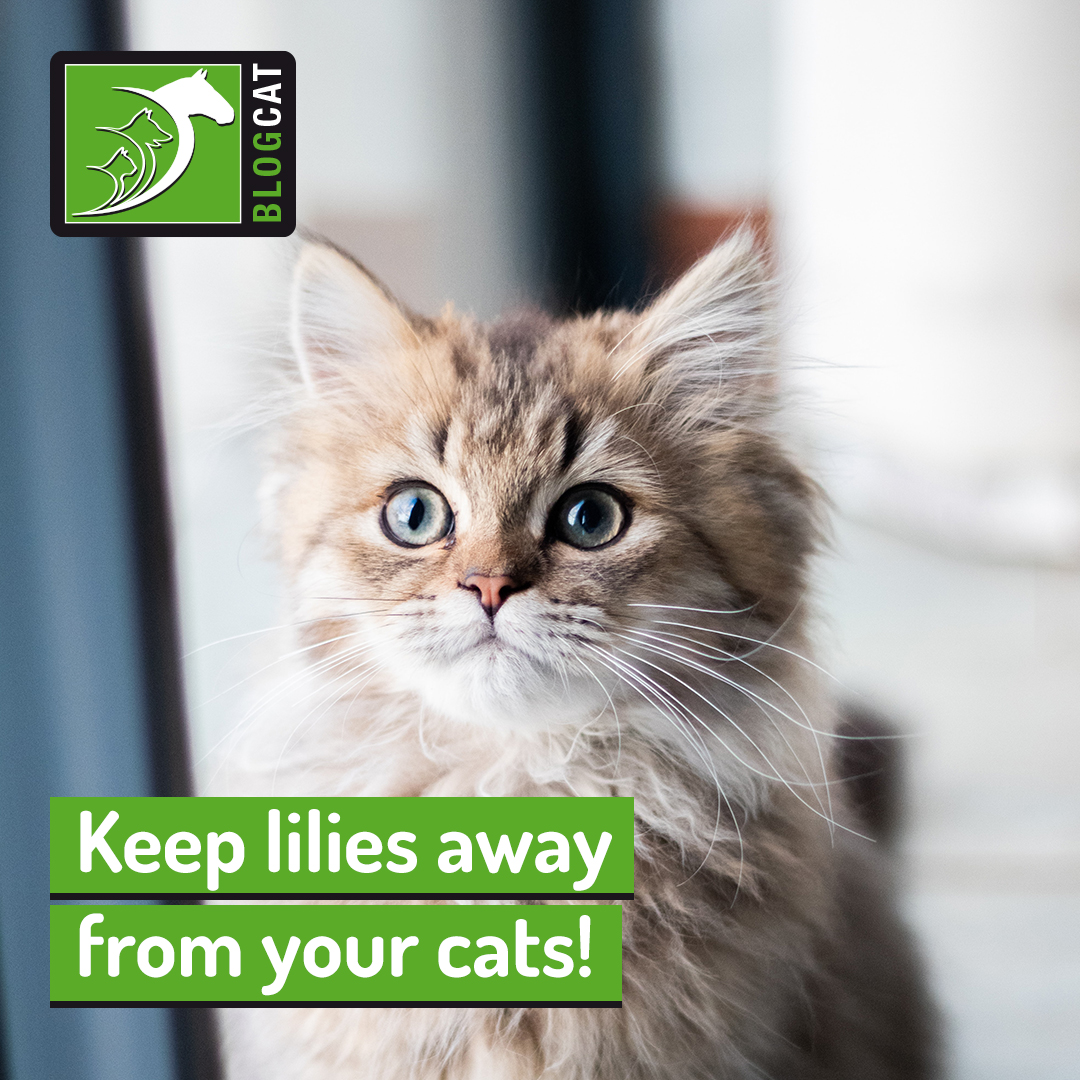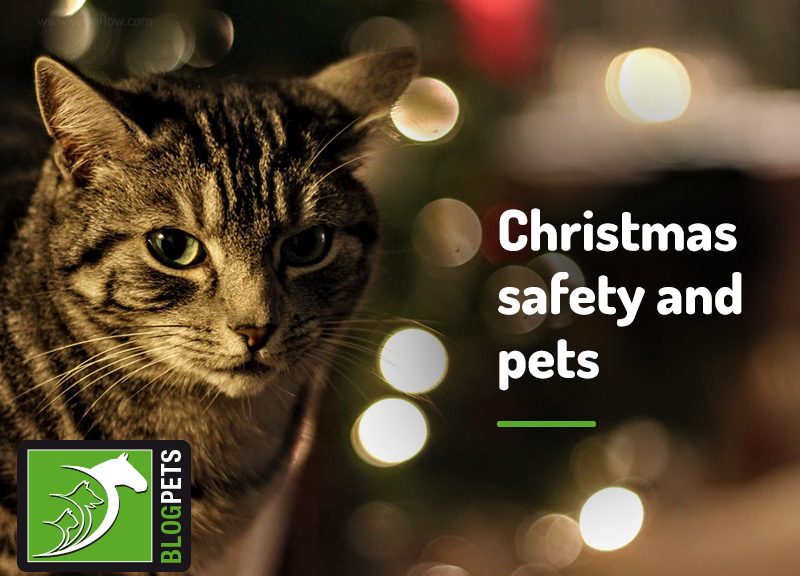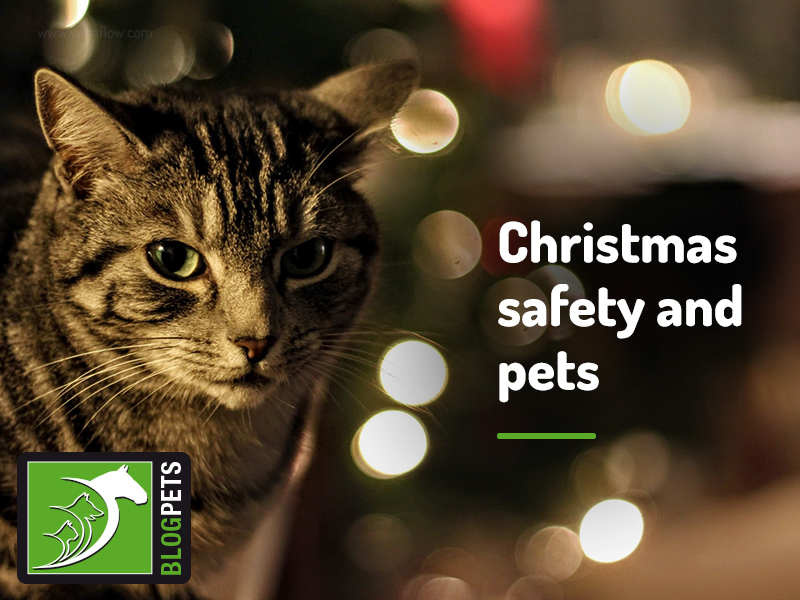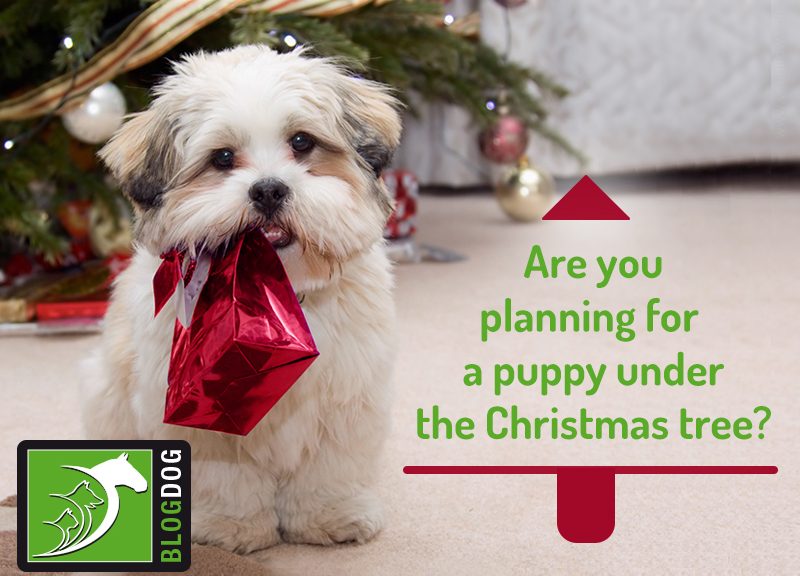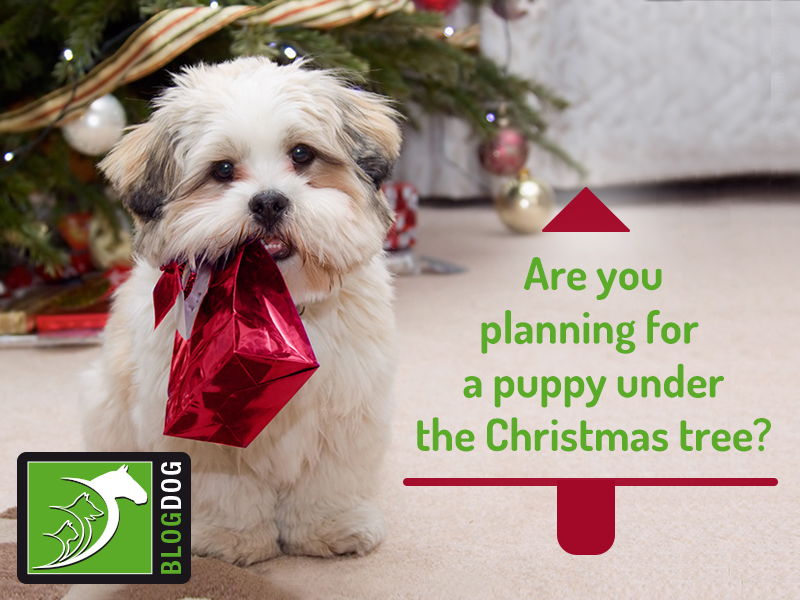Christmas and pets
For most of us, Christmas is a magical season, full of wonder and opportunities to reunite and spend time with those we love the most.
But when it comes to our pets, things can rapidly turn sour if we’re not careful so please do take some precautions!
Read our blog post to learn more about avoiding Christmas accidents and keeping your pets safe and stress-free during this season.
Toxic food and plants
How can something so delicious be harmful to our pets?
When it comes to seasonal delicacies, sharing is not caring. Chocolate, raisins, sultanas, onion, garlic, alcohol, and xylitol, to name a few, can be toxic to our pets, so make sure to keep traditional foods to yourself.
Some seasonal plants, such as holly, ivy, mistletoe, poinsettia and lilies, are also potentially dangerous if ingested, so keep these out of your pets’ reach!
Dangerous decorations
Presents, tinsel, ribbons, baubles, fairy lights, even the Christmas tree itself… The possibilities for mischief are endless during the holiday season!
If your pet’s curiosity is sparking, ensure that they don’t have access to decorated areas, because if inadvertently swallowed, Christmas ornaments can lead to choking, gastrointestinal obstruction or worse, perforation of the bowel.
Altered routines
Pets are creatures of habit and are likely to benefit from having set routines regarding feeding, going out, playing and sleeping.
If the timing of any of these elements is disrupted, it can lead to stress and even behaviour issues that we don’t want to occur.
Try to keep your pets’ routine unchanged even as the holiday season gets more stressful and if any accident happens, avoid scolding them, as this can aggravate the situation.
Pets as presents
Lastly, we’d like to raise awareness of the issues regarding offering pets as a gift to children or friends.
Though a wonderful experience, pet ownership is a long-term commitment of both time and resources and is not a decision that can be taken lightly.
Before you consider adopting a pet for your family or offering one to someone else, make sure you research and are able to sustain this commitment.
Nobody wants to spend the holidays at the vet, so don’t forget to keep a close eye on your pets during this season and ensure that they have a lovely time with the Christmas festivities!
